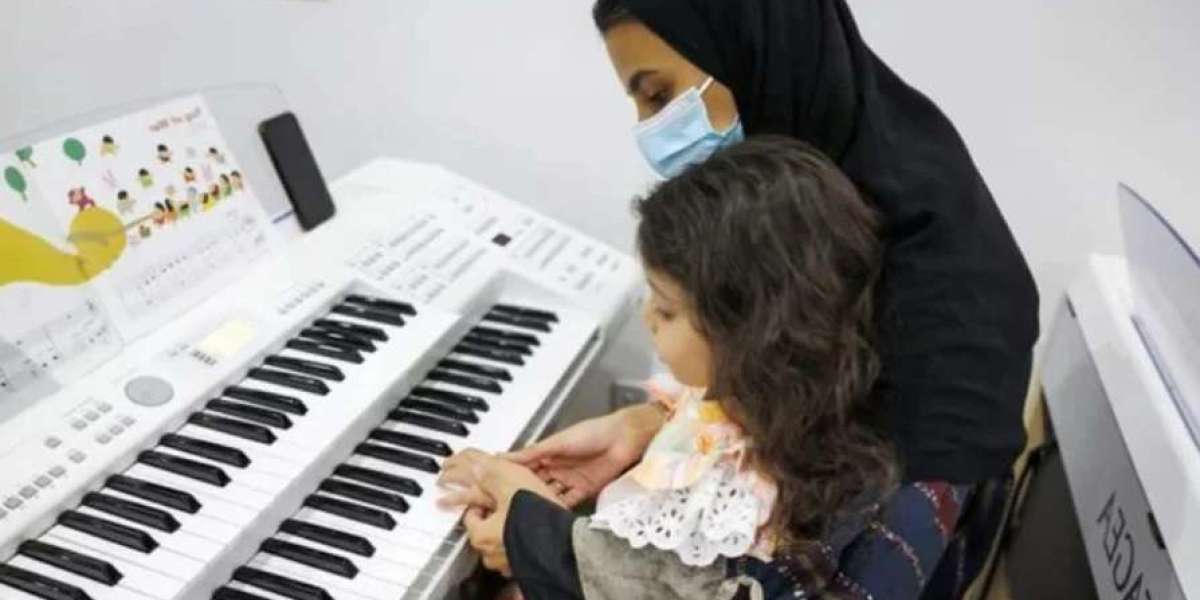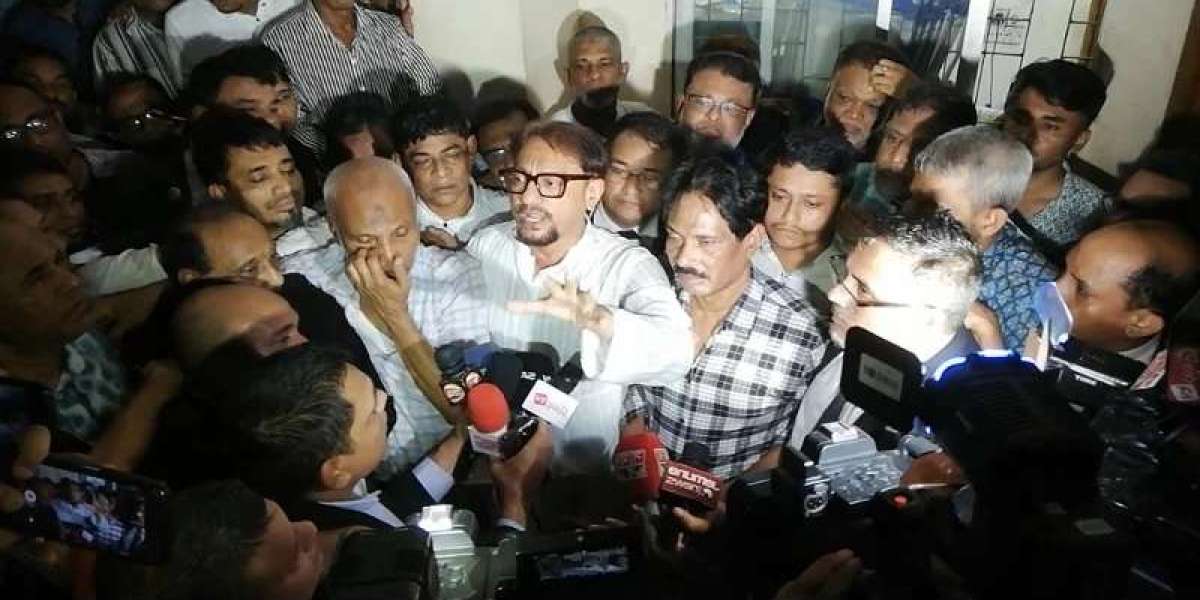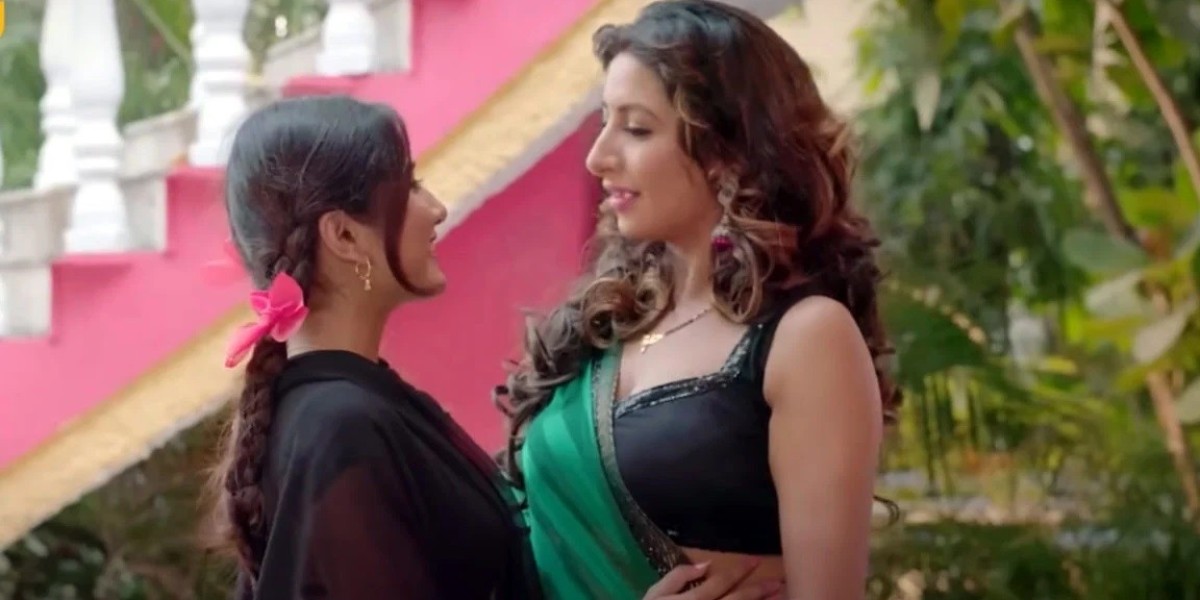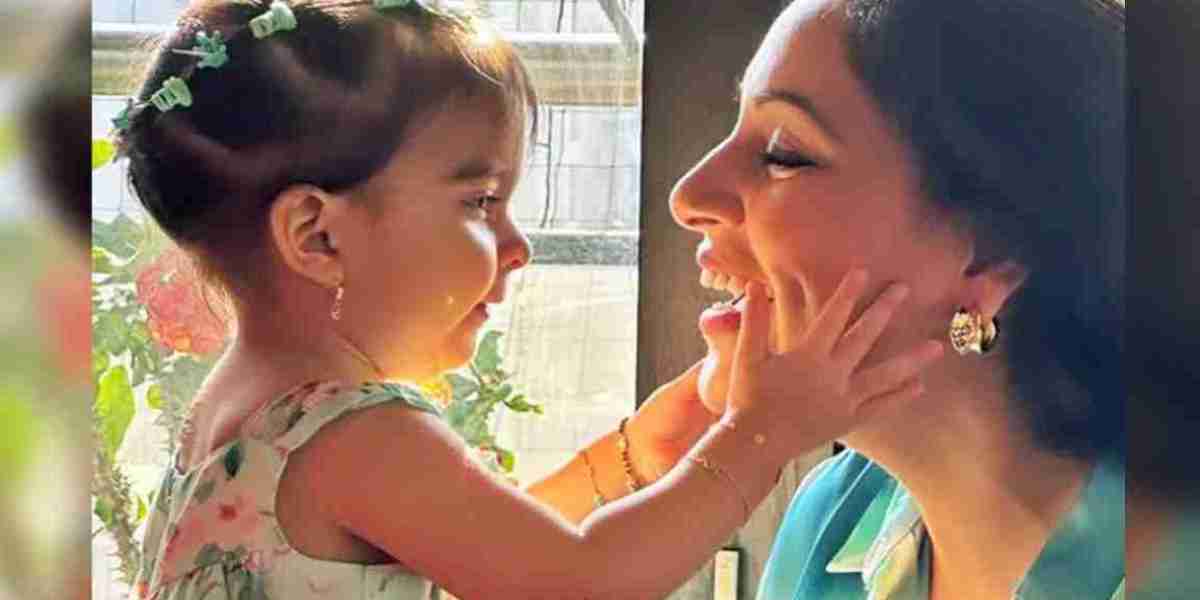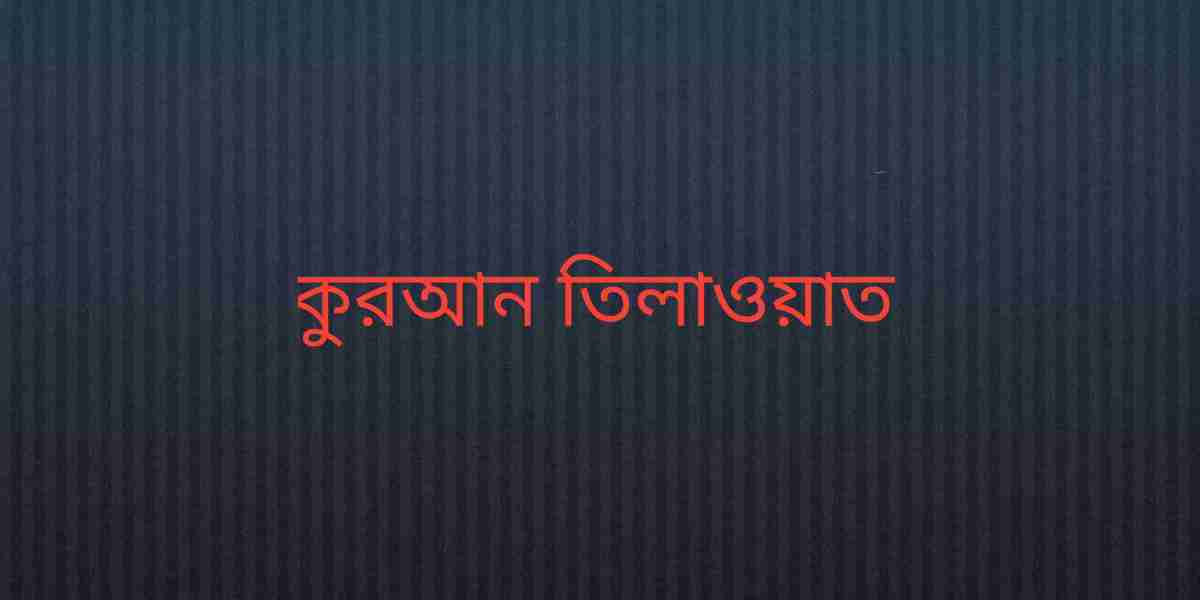International Desk: Saudi Arabia has taken a historic step to reorganize the education system. Music education is being introduced in all government schools. For this purpose, the government has already appointed more than 9 thousand music teachers. Not only that, the Saudi government considers music education as an important part of the national curriculum.
This information was given in the report published in Leaders-Mina magazine, the monthly magazine of the state-owned air service company Saudi Airlines.
Under Crown Prince Mohammed bin Salman's 'Vision 2030', reforms and investment in the arts, entertainment and education are being stepped up with a view to economic diversification and social modernization.
According to the report, the country's government hired a large number of music teachers in order to expand the cultural horizons of the Saudi youth society and eliminate conservatism in education. Earlier music education and practice was considered forbidden. But Saudi Arabia is now actively promoting music as an integral part of the curriculum.
The Ministry of Culture and Ministry of Education of Saudi Arabia is implementing this initiative. Special music departments will be opened in schools. Many of the teachers are trained in classical music, Arabic musical traditions and modern genres. They will teach students music theory, instrumentation and performance.
Officials at Saudi Arabia's Ministry of Culture are citing the move as a milestone in the country's education system. An official said, 'Music education is vital for developing creativity, cultural awareness and emotional intelligence in our youth. It will create new career opportunities for young Saudis in the arts and entertainment sector.'
Saudi Arabia has been in the process of easing restrictions on entertainment and cultural activities for several years. This time, music education was introduced in government schools. In recent years the country has opened cinemas, hosted international music festivals and international artists have performed on stage. But even a decade ago, these things could not be imagined.
One of the objectives of Yuvraj's Vision-2030 is to expand the cultural world of the country, where new industries such as arts, tourism, entertainment and culture will flourish. Through this, the dependence of the Saudi economy on mineral oil will be reduced.
However, while this initiative has been welcomed by the country's progressives, religious conservatives are criticizing it. According to them, music education will lead to the erosion of traditional values in Saudi Arabia. Whereas many Islamic scholars consider playing and listening to music accompanied by musical instruments as haram (forbidden). However, some scholars and faqihs (Islamic jurisprudents) like the late Yusuf al-Karzawi have called it permissible (lawful) to play modest music with musical instruments.
The Saudi government insists that cultural education is not contradictory to Islamic principles, but rather complementary.
Music education in public schools in Saudi Arabia is expected to be introduced in a phased manner after securing infrastructure, musical instruments and trained teachers.
Modernizing education through the arts is part of a larger reform effort in Saudi Arabia. Through this, the country wants to empower the youth and make the country competitive with the global economy.
